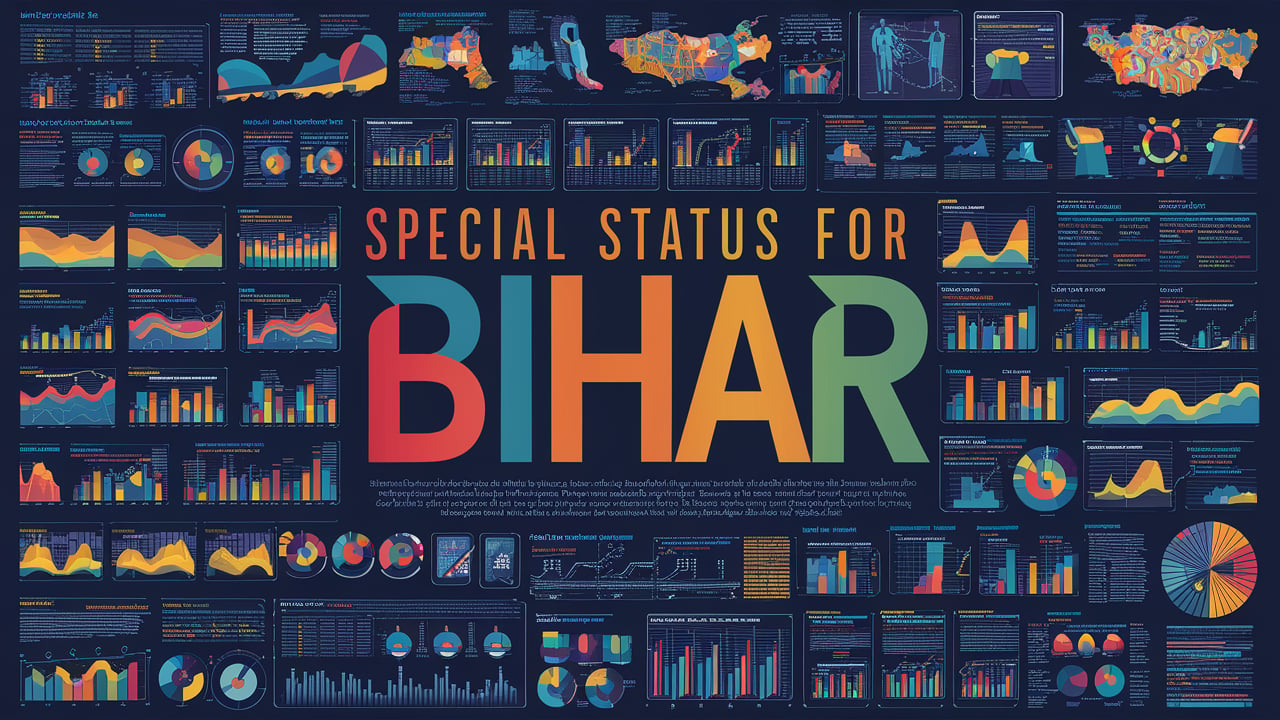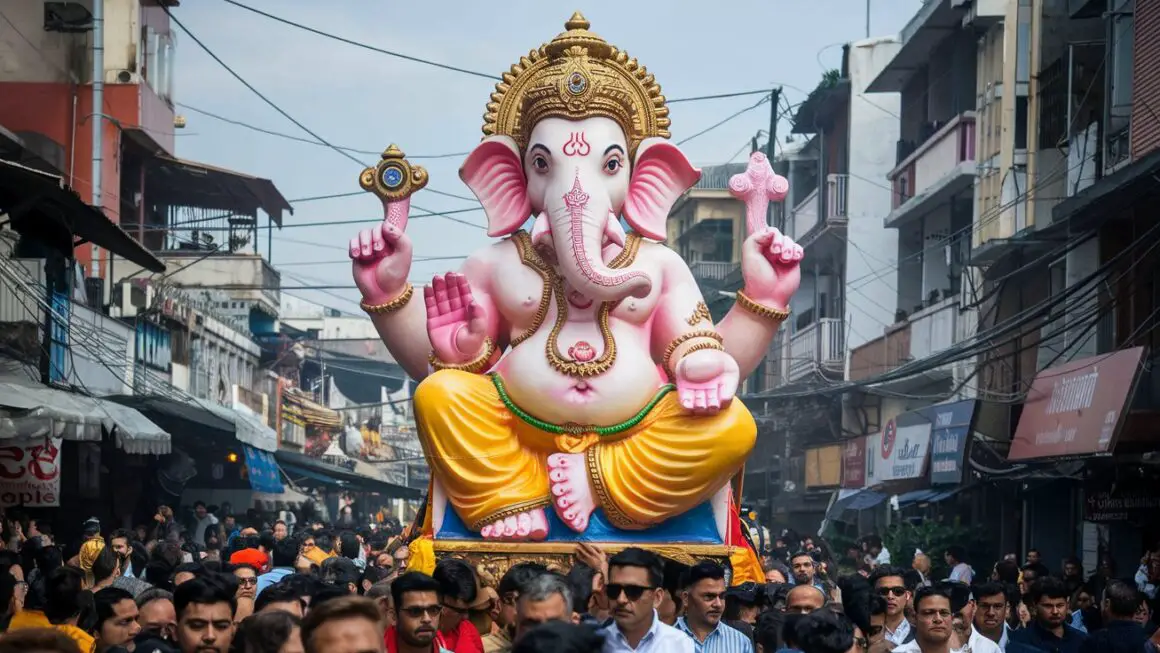Introduction
The debate over granting special status to Bihar has been a contentious issue in Indian politics. This article delves into the intricate details surrounding this demand, examining the historical context, economic implications, political dynamics, and the government’s stance. We aim to provide a thorough understanding of the situation, highlighting key arguments and perspectives to offer a well-rounded view.
Historical Context of Special Status Demand
Origins of the Special Status Concept
The concept of special status for states in India originated to address regional disparities and promote balanced development. Initially, states like Jammu & Kashmir, Arunachal Pradesh, and others in the North-East were granted special status due to their unique socio-economic conditions.
Bihar’s Case for Special Status
Bihar has been advocating for special status since the 1990s, arguing that despite its rich cultural heritage and historical significance, it lags in economic development. The state’s high poverty rates, low per capita income, and inadequate infrastructure are cited as primary reasons for this demand.
Economic Implications of Granting Special Status
Financial Benefits
Special status would allow Bihar to receive more significant financial assistance from the central government. This includes higher devolution of funds, preferential treatment in federal schemes, and tax concessions, which could significantly boost the state’s economy.
Development Projects
With additional funding, Bihar could undertake large-scale infrastructure projects, improving transportation, healthcare, and education systems. This would not only enhance the quality of life for residents but also attract investments and create job opportunities.
Political Dynamics and Government’s Stance
Central Government’s Position
The central government has consistently ruled out granting special status to Bihar, citing constitutional and administrative constraints. The Finance Commission’s recommendations and the new revenue-sharing formula also play a crucial role in this decision.
State Government’s Advocacy
Bihar’s state government, led by various political parties over the years, has persistently lobbied for special status. Leaders argue that without additional support, Bihar cannot overcome its developmental challenges and achieve equitable growth compared to other states.
Political Reactions
The refusal to grant special status has sparked significant political reactions. Parties like Rashtriya Janata Dal (RJD) have criticized the central government, accusing it of neglecting Bihar’s needs. This issue often becomes a central theme in electoral campaigns, influencing voter sentiment and alliances.
Socio-Economic Challenges in Bihar
Poverty and Unemployment
Bihar faces severe poverty and unemployment, with a large percentage of its population living below the poverty line. Lack of industrialization and limited job opportunities contribute to this issue, exacerbating socio-economic disparities.
Education and Healthcare
The state’s education and healthcare systems are underdeveloped, with low literacy rates and inadequate medical facilities. Improving these sectors is crucial for human capital development and overall socio-economic progress.
Infrastructure Deficit
Bihar’s infrastructure deficit is a major hurdle in its development journey. Poor road connectivity, limited access to electricity, and inadequate urban infrastructure hinder economic activities and quality of life.
Comparative Analysis with Other States
Andhra Pradesh’s Special Status Demand
Andhra Pradesh’s demand for special status post-bifurcation highlights similar grievances of underdevelopment and financial instability. Comparing Bihar’s case with Andhra Pradesh provides insights into the complexities of regional development policies.
Successful Models of Special Status
States like Himachal Pradesh and Uttarakhand have benefited significantly from special status, showcasing how targeted financial support and policy interventions can drive development. These examples provide a blueprint for Bihar’s potential growth trajectory if granted special status.
Conclusion
The demand for special status for Bihar is a multi-faceted issue, encompassing economic, political, and social dimensions. While the central government’s reluctance stems from constitutional and fiscal considerations, the potential benefits for Bihar’s development cannot be ignored. A balanced approach, considering the state’s unique challenges and aspirations, is essential for fostering inclusive growth and reducing regional disparities.














